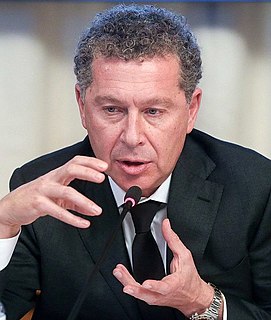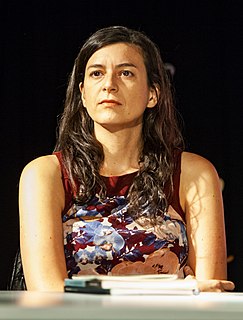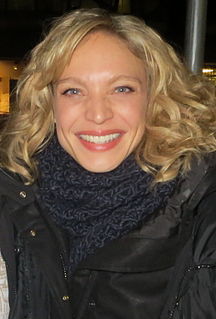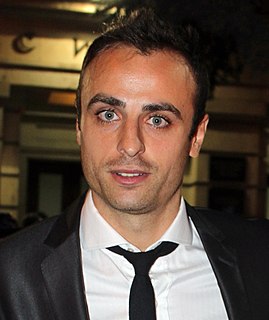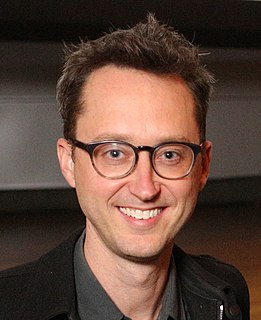A Quote by Cornel West
The important thing for me as an educator is how to - how do we unsettle the minds and touch the souls of significant numbers of young people who don't read texts or don't read my texts.
Related Quotes
I think evangelicals would do better if they concentrated less on bolstering the formal authority of the Scripture - which I certainly would want to affirm - and more on displaying how biblical texts can shape lives in salutary ways, how they are fruitful texts, how they are texts one can live according to.
I like to be challenged with language, so I start to do texts for my blogs that people can download, can spread. There is no commercial interest behind it. It's only for fun, like doing something that you really enjoy to do. I have texts that I write specifically for the internet and I put them there. I am interested in how readers also respond to the texts that I write to them.
I knew I wanted the parties in 'The Queen of the Night' to be convincing, beautiful, and also dramatic: situations where significant things happened on a scale that was both grand and intimate. There were several texts that helped me think about how to do this, and one of the most important ones was Charlotte Bronte's novel 'Villette.'
I read everything. I'll read a John Grisham novel, I'll sit and read a whole book of poems by Maya Angelou, or I'll just read some Mary Oliver - this is a book that was given to me for Christmas. No particular genre. And I read in French, and I read in German, and I read in English. I love to see how other people use language.
Young screenwriters are always very frustrated when they talk to me. They say, 'How do we get to be a screenwriter?' I say, 'You know what you do? I'll tell you the secret, it's easy: Read 'Hamlet.' You know? Then read it again, and read it again, and read it until you understand it. Read 'King Lear,' and then read 'Othello.'
I like being connected to young people, or younger people who are trying to figure out the language of film, bringing theorists from the dawn of the art in the 20th century. There is a way you find a synthesis. You read texts by the Soviets who are discussing montage, and you have students figuring out how to put scenes together and tell stories visually. The theory becomes relevant in daily practice. It's free labor, which is pretty cool too. I think we all learn from each other and benefit from the collaborations.
I never need to find time to read. When people say to me, ‘Oh, yeah, I love reading. I would love to read, but I just don’t have time,’ I’m thinking, ‘How can you not have time?’ I read when I’m drying my hair. I read in the bath. I read when I’m sitting in the bathroom. Pretty much anywhere I can do the job one-handed, I read.


